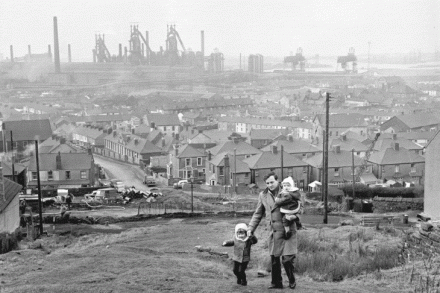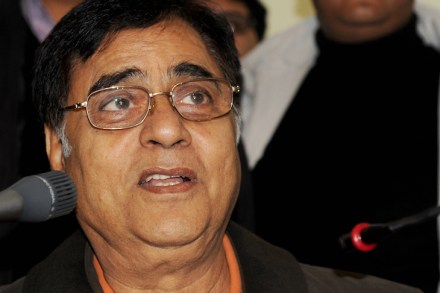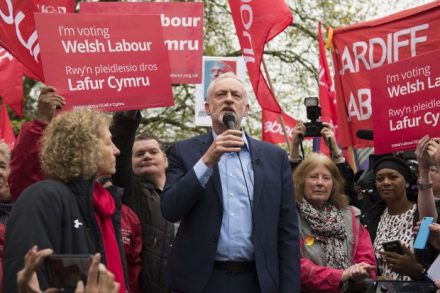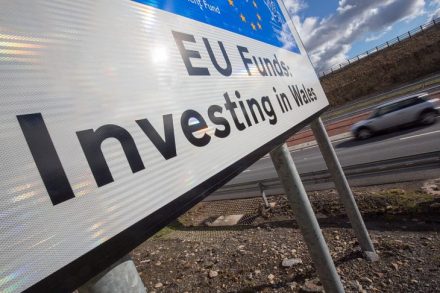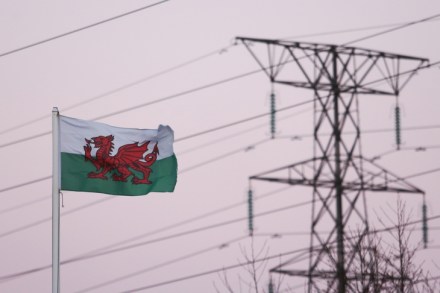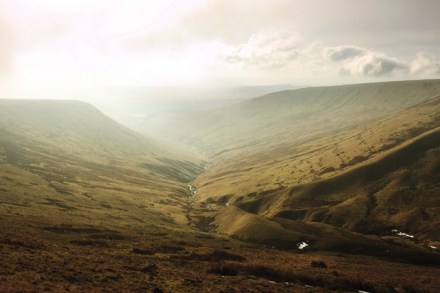Labour’s Welsh wipeout should terrify Jeremy Corbyn
Elections in Wales are supposed to be boringly predictable. Until the 2019 European election, Labour had come first in 38 of the last 39 Wales-wide election contests, including all 26 of the last general elections, in a run that began in 1922. But all good – or bad – things tend to come to an end eventually. To describe what happened in the European election as an electoral earthquake in Wales seems almost to understate the magnitude of what happened. The Brexit Party, who did not even exist until six weeks ago, got more than double the Labour vote share, and came first in 19 of the 22 local authority







